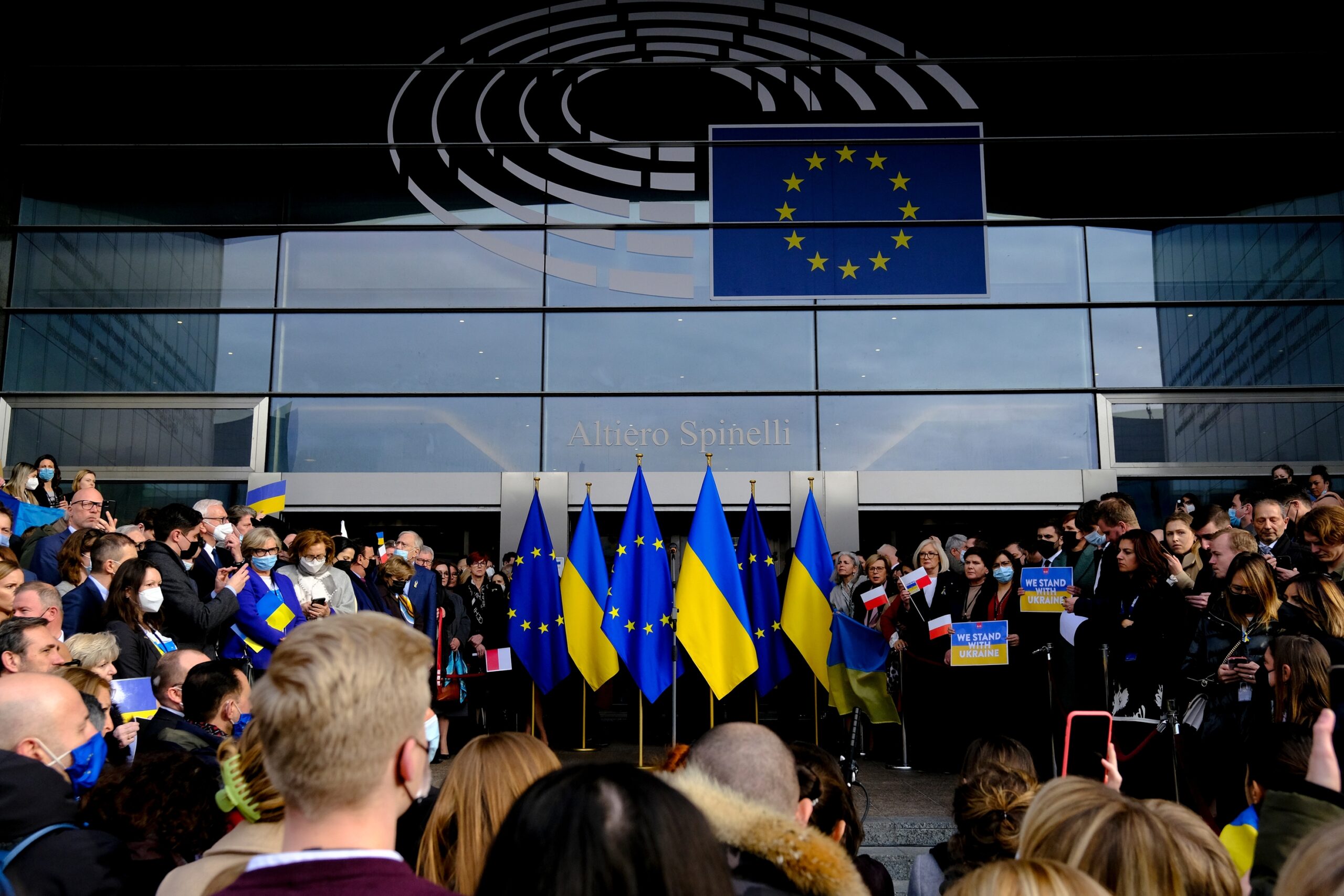As citizens of the European Union head to the polls for the European Parliament elections, a spotlight is cast on the intricate workings of the EU’s leading political institutions. This election not only determines the representatives in the Parliament but also sets the stage for future legislative developments and the appointment of crucial EU officials. This article explores the roles and functions of the European Parliament, the European Council, and the European Commission, providing a clearer picture of how laws are crafted and governance is conducted within the EU.
The Path from Proposal to Law
The legislative process in the European Union is unique, involving a tripartite system where the European Commission, Parliament, and the Council of the European Union play pivotal roles. “Only the European Commission can formally propose new laws,” which are then debated and modified by both the Parliament and the Council. For instance, recent legislation on artificial intelligence showcases this collaborative process, achieving approval after intense deliberations. However, challenges remain, such as the nature restoration law that faltered after Hungary withdrew support, highlighting the complexity and occasional hurdles in EU lawmaking.
Interactions Among EU Institutions and Governments
At the apex of EU politics is the European Council, where heads of state or government tackle unresolved issues and define the bloc’s priorities. This body plays a crucial role in proposing the President of the European Commission, who must then gain Parliament’s approval. The interaction extends to appointing other significant positions like the European Central Bank chief, illustrating the interdependence and collective decision-making that characterizes EU governance. Moreover, member states’ contributions to and receipts from the EU budget reflect their economic stature and adherence to EU policies, affecting their influence and benefits within the Union.
Understanding EU Legal Instruments
The EU operates under a complex legal framework where treaties establish the foundational principles and procedures. “Regulations apply directly to all member states, while directives provide a goal but allow flexibility in achieving it,” demonstrating the EU’s balance of uniformity and adaptability. Recent legislative activities, such as regulating Russian grain tariffs and the directive on environmental crimes, underscore EU law’s ongoing refinement and responsiveness to global and regional challenges.
The European Parliament elections are more than just a routine democratic exercise; they are a pivotal event that reshapes the EU’s legislative landscape and governance dynamics. Understanding the roles of the EU’s institutions and their interplay is essential for grasping how policies are formulated and implemented across the continent. As the EU continues to evolve, the outcomes of these elections will undoubtedly influence its trajectory in addressing both internal and global challenges.







